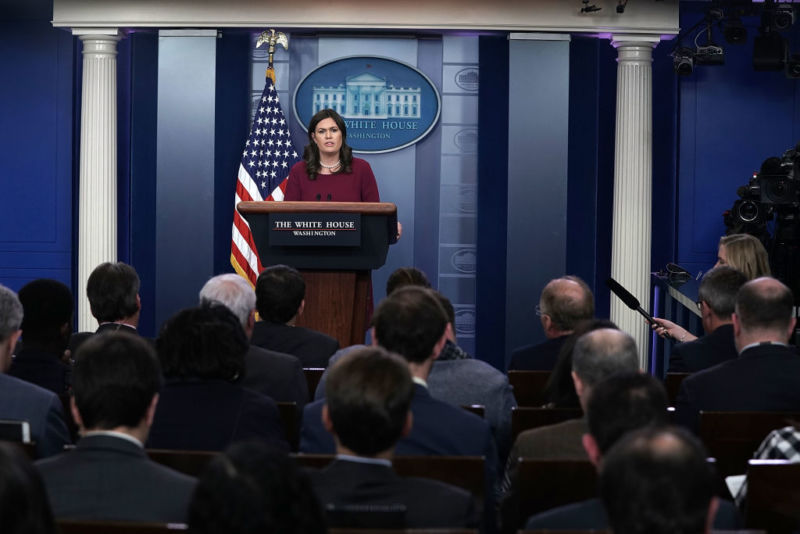
Following form with a finding by the government of the United Kingdom, the White House issued a statement formally blaming Russia’s military for unleashing NotPetya, the destructive “wiper” worm that spread across much of the world last June.
NotPetya, which at first appeared to be yet another crypto-ransomware attack similar to WannaCry, was instead designed to simply destroy data. There have been suggestions in the past that the malware was launched as part of a state-sponsored attack against Ukraine, likely by Russian attackers connected to the military. Multiple security research companies have, with relatively high confidence, previously attributed NotPetya to a Russia-based attacker.
But that’s different from governments formally stating attribution as fact. Today, the UK’s National Cyber Security Centre issued a report stating that “the Russian military was almost certainly responsible for the ‘NotPetya’ cyber attack of June 2017.” The UK Foreign Office Minister for Cyber Security, Lord Tariq Ahmad, said NotPetya “showed a continued disregard for Ukrainian sovereignty… Its reckless release disrupted organizations across Europe costing hundreds of millions of pounds. We call upon Russia to be the responsible member of the international community it claims to be, rather than secretly trying to undermine it.”
White House Press Secretary Sarah Huckabee Sanders issued the following statement this afternoon:
In June 2017, the Russian military launched the most destructive and costly cyber-attack in history.
The attack, dubbed “NotPetya,” quickly spread worldwide, causing billions of dollars in damage across Europe, Asia, and the Americas. It was part of the Kremlin’s ongoing effort to destabilize Ukraine and demonstrates ever more clearly Russia’s involvement in the ongoing conflict. This was also a reckless and indiscriminate cyber-attack that will be met with international consequences.
What those “international consequences” will consist of remains to be seen. Just two weeks ago, the White House told Congress that no new sanctions against Russia would be imposed under a bill passed by a wide majority in both houses last year calling for the White House to do just that.
A State Department spokesperson said in an email to press on January 29 that the White House was “using this legislation as Congress intended to press Russia to address our concerns related to its aggression in Ukraine, interference in other nations’ domestic affairs, and abuses of human rights.” The email also stated that businesses in Russia that might have been targeted for doing business with the Russian defense and intelligence services were “substantially reducing” that work as a result of the bill.
https://arstechnica.com/?p=1261099

